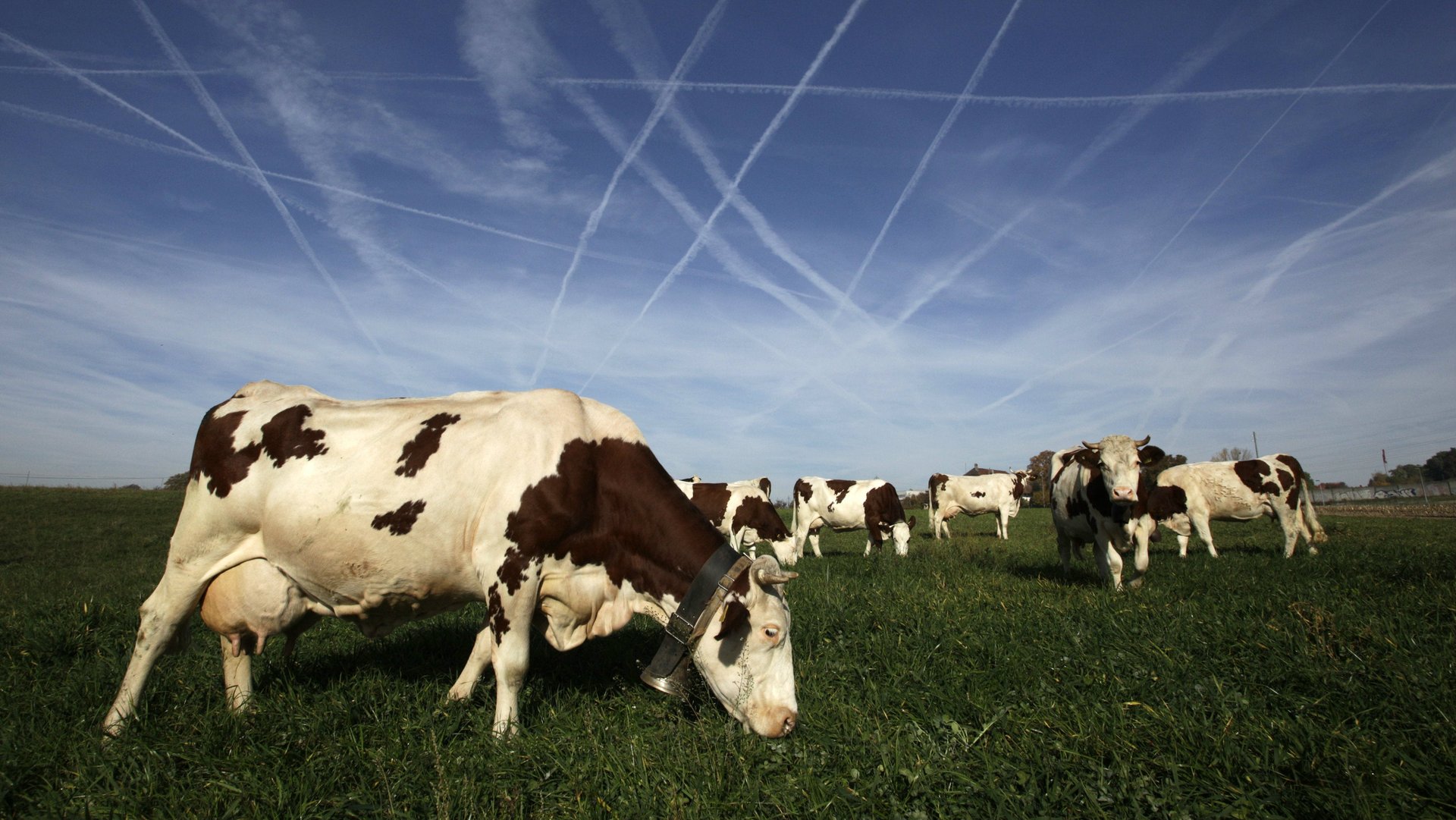Canada just took a major step to stop antibiotic resistance on farms
Global anxiety about the future efficacy of basic antibiotics is palpable. The conversation is even playing out in space, where scientists have discovered at least five strains of antibiotic-resistant bacteria lurking on the International Space Station.


Global anxiety about the future efficacy of basic antibiotics is palpable. The conversation is even playing out in space, where scientists have discovered at least five strains of antibiotic-resistant bacteria lurking on the International Space Station.
The World Health Organization has cautioned governments to set stricter policies about how doctors prescribe these drugs and how farmers use them to manage their herds. This week, Canada will answer that call, implementing new rules for how farmers access the antibiotics.
Starting Dec. 1, farmers in Canada will have access to about 300 drugs only if they obtain a prescription from a veterinarian. Before this week, the drugs could be bought directly from farming stores. The change is meant to create a more scrutinizing oversight system, where professionals in the medical field can closely monitor farm use of antibiotics.
Antibiotics are supposed to be used to treat illnesses. But in recent years some infectious bacterial strains have evolved to be harder and harder to kill, putting essential modern medicines—including penicillin and tetracyclines—at risk of becoming ineffective. Health officials have said farmers have, in many cases, overused antibiotics on their animals to make them grow bigger faster, and to prevent them from getting sick, instead of just to treat infections. And that creates a major issue, especially in countries with large livestock industries.
Canada is a big global producer, ranking twelfth among beef producers of animal-based food products. In 2017, the country’s agricultural sector was comprised of 11.5 million cattle, 14.3 million hogs, and more than 800,000 sheep and lambs. The beef industry was worth $8.7 billion, hogs made up $4.1 billion, and sheep and lambs $179 million. Canada ranks among the top 10 meat exporting countries, including eighth for beef.
The new rules have been met with a mixed response from Canadian farmers, according to the CBC. While some support the measure, others have complained that there are not enough veterinarians in Canada to handle the industry’s needs, and so the new rules will slow the process of getting antibiotics when they are needed to treat animals. Still, the Canadian rules could become a future template for other governments around the world, including the United States, which oversees another of the world’s biggest livestock industries.